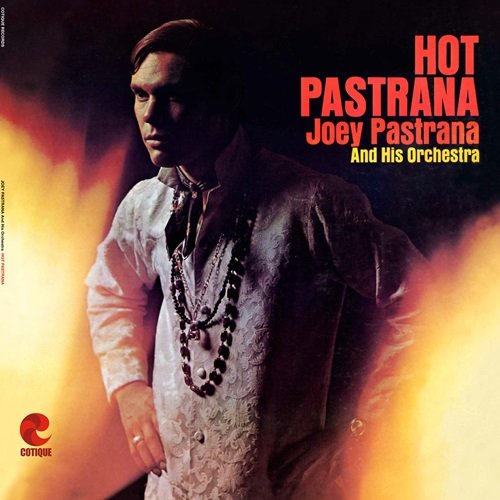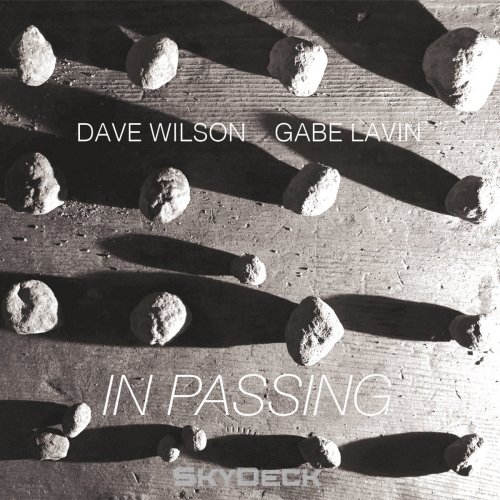James Blood Ulmer - Tales of Captain Black (1978/1996)
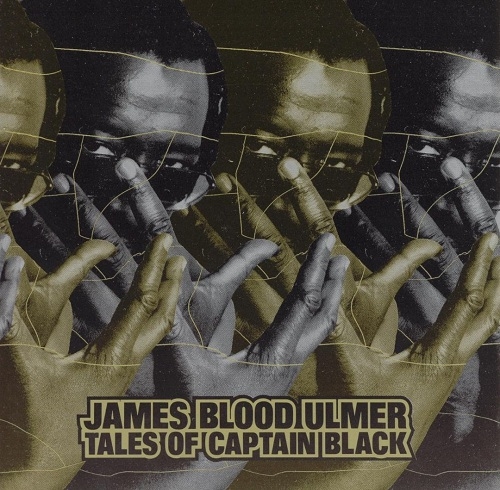
Artist: James Blood Ulmer
Title: Tales of Captain Black
Year Of Release: 1996
Label: DIW
Genre: Blues, Funk, Jazz
Quality: Mp3 320 / Flac (image, .cue, log)
Total Time: 33:29
Total Size: 105/243 Mb (covers)
WebSite: Album Preview
Tracklist:Title: Tales of Captain Black
Year Of Release: 1996
Label: DIW
Genre: Blues, Funk, Jazz
Quality: Mp3 320 / Flac (image, .cue, log)
Total Time: 33:29
Total Size: 105/243 Mb (covers)
WebSite: Album Preview
1. Theme From Captain Black 3:14
2. Moons Shine 3:52
3. Morning Bride 4:57
4. Revelation March 4:32
5. Woman Coming 3:38
6. Nothing to Say 4:13
7. Arena 4:24
8. Revealing 4:42
James Blood Ulmer: guitar
Ornette Coleman: alto saxophone
Jamaaladeen Tacuma: electric bass
Denardo Coleman: drums
Tales of Captain Black first appeared in 1978 on the Artist House label in America. It was a label set up for the purpose of allowing visionary artists to do exactly what they wanted to do. They had issued a couple of records by Ornette Coleman previously, so it only made sense to issue one by his then guitarist, James Blood Ulmer. With Coleman on alto, his son Denardo Coleman on drums, and bassist Jamaladeen Tacuma on bass, Ornette's harmolodic theory of musical composition and improvisation (whereby on a scale of whole tones, every person in the ensemble could solo at one time and stay in this new harmony) was going to get its first test outside of his own recordings. Blood was, before he was a jazz player, a funk guitarist who had tenured with Black Nasty and a side project of George Clinton's in Detroit, as well as playing as a sideman to organ groovemaster Big John Patton. Having an ally in Tacuma, Ulmer brought funk deep into free jazz territory. The disc opens with "Theme From Captain Black," a furious exercise on the interplay between Ulmer and Tacuma's root contribution. Ulmer sounds like a sideways Jimi Hendrix driving home the rhythmic riff from "Voodoo Chile" as Tacuma charges toward Denardo to undercut the time and Coleman soars over the top. But we also hear Ulmer slipping his fills in, faster than lightning, always in the cut and rolling those strings out like a sax player. On "Moon Shine," we hear the blues angle of harmolodics assert itself. Long, repetitive melody lines are played between Coleman and Blood; there's a modal feel, but it's subverted by the lack of flats. Blood augments all his chords to be played as drone-like as possible, so then even though the piece appears to be played in a minor key, after the first two measures it makes no difference because everyone is soling, not along a set of changes but a melodic line introduced at the beginning. Here is where Blood shines. His fiery arpeggios cut across the bass and rhythm lines and become their own tempo while never leaving the ensemble. The melody restates itself only often enough for the microtonal alignment between Coleman and Blood to become apparent. They are playing in different keys, and through different modal inventions, but sound in unison. On "Revelation March," which Blood recorded on Are You Glad to Be in America, is indicative of the complexities of harmolodics; it also offers a glimpse of this music out from under Coleman's tutelage. The previous melodies were all from Coleman's fake book. Here, Blood introduces the anarchy he's interested in, allowing fragmentary ideas to assert themselves as the sole reason to engage in group improvisation. Tacuma and Denardo are more than up to the challenge. Tacuma trades single lines with Blood's triple-timed fours and chords, creating a kind of melodic invention on the fly. Denardo treats the tune as if it were a march in hyperspeed. Only Coleman dares to play his loping, easy, graceful pace, blues -- wailing it above the chaos. It's beautiful. Safe to say, there are no weak tracks on Tales From Captain Black, and even the redo of "Revealing" from Ulmer's previous album show an unbridled excitement and an extrapolation of that tune's rhythmic and harmonic elements into something more sinister, more driven, more angular, more mercurial. Captain Black marks the real beginning of Ulmer's career as a leader. It has been a bumpy, restless ride since that time with many creative and professional ups and downs, but it hardly matters. Records like this one make him the most visionary and brilliant electric guitarist in a generation.
![Tobias Frohnhöfer - Dragon Boat (2026) [Hi-Res] Tobias Frohnhöfer - Dragon Boat (2026) [Hi-Res]](https://www.dibpic.com/uploads/posts/2026-02/1770294807_y78e5w1jw5m3t_600.jpg)

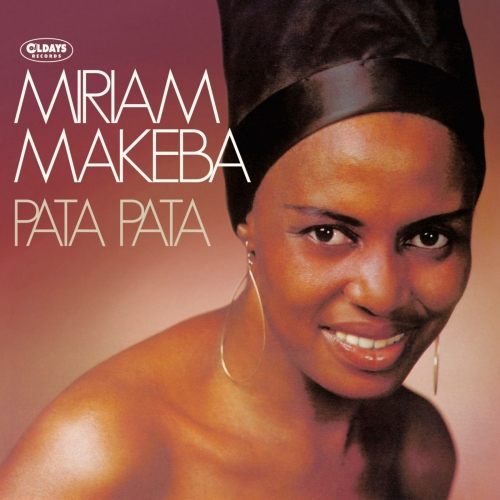

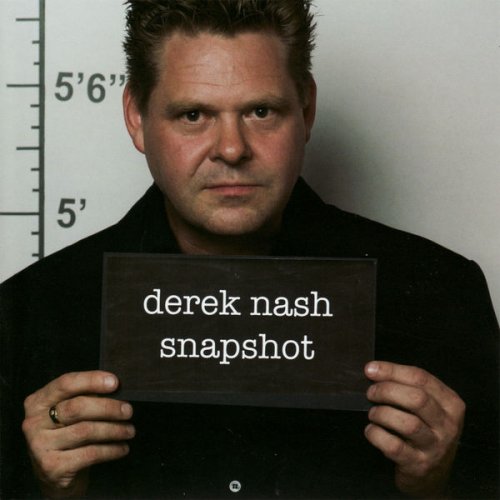
![Ettore De Carolis - Dipingi di giallo il tuo poliziotto (Original Soundtrack) (2026) [Hi-Res] Ettore De Carolis - Dipingi di giallo il tuo poliziotto (Original Soundtrack) (2026) [Hi-Res]](https://img.israbox.com/img/2026-02/09/r8pq1f4pzhnkp2uy0b3vwlie6.jpg)
